Protein—it’s the superstar macronutrient that dominates conversations in the health and fitness world. But with all that attention comes a tidal wave of misinformation. Some people swear by protein shakes as the ultimate muscle-building hack, while others claim that plant-based protein just doesn’t measure up. Then there’s the long-standing myth that a high-protein diet is harmful to your kidneys. So, what’s fact, and what’s fiction?
Let’s break down the most common protein myths—and what protein really does for your body.
1. Myth #1: More Protein = More Muscle
Wouldn’t it be great if just loading up on protein supplements or downing endless protein shakes resulted in instant muscle gain? Unfortunately, it’s not that simple. While protein is essential for muscle repair and growth, your body can only utilize a certain amount at a time. The real key? A combination of adequate protein intake, resistance training, and overall calorie balance.
Muscle growth is a complex process that depends on multiple factors, including genetics, training intensity, and rest. Simply consuming excess protein without engaging in strength training won’t lead to significant muscle gain. Instead, your body may use the extra protein for energy or store it as fat. To maximize muscle development, it’s important to consume high-quality protein sources and pair them with an effective workout routine that includes progressive resistance training.
2. Myth #2: Plant-Based Protein Isn’t Complete
There’s a common belief that plant-based protein lacks all essential amino acids, making it inferior to animal protein. The truth? Many plant-based protein sources, like quinoa, soy, and buckwheat, are complete proteins. Plus, combining foods like rice and beans ensures you get all nine essential amino acids.
With the rise of high-quality plant-based protein powders, getting enough protein on a plant-based diet has never been easier. A premium vegan protein blend—especially one fortified with essential amino acids and digestive enzymes—ensures better absorption, making it just as effective as animal protein.
Some advanced plant protein formulations also include ingredients like superfoods, probiotics, and fiber to support digestion and overall wellness. Whether you're looking to build muscle, improve recovery, or simply add more protein to your diet, a well-formulated plant-based protein supplement can help bridge the gap.
3. Myth #3: You Can Only Get Protein From Meat
While animal products like chicken, fish, and beef are well-known protein sources, they’re far from the only options. Plant-based protein sources like lentils, tofu, chickpeas, nuts, and even vegetables contain protein. With the growing availability of plant-based protein supplements, it’s easier than ever to meet your protein needs without relying on meat.
Diets rich in plant-based proteins have been linked to numerous health benefits, including improved heart health, lower cholesterol levels, and better digestion. Legumes, seeds, and whole grains not only provide protein but also deliver essential fiber, vitamins, and minerals.
Additionally, fermented plant-based protein sources, like tempeh, offer probiotics that support gut health. Diversifying your protein intake ensures you receive a broad spectrum of nutrients beyond just amino acids.
4. Myth #4: Too Much Protein Will Make You Gain Weight
While protein has calories, it doesn’t automatically lead to weight gain. In fact, a high-protein diet can support weight management by keeping you full longer and preserving lean muscle mass [NIH]. As with any macronutrient, balance is key—excess calories from any source (not just protein) can contribute to weight gain.
Protein is known to have a higher thermic effect compared to carbohydrates and fats, meaning your body burns more calories digesting and metabolizing it. Additionally, protein plays a role in regulating hunger hormones, helping to reduce cravings and prevent overeating.
However, consuming excess protein without balancing overall caloric intake and physical activity may lead to weight gain over time. The key is to incorporate protein strategically while maintaining an active lifestyle and a well-rounded diet.
5. Myth #5: Protein Powder Is Only for Athletes
Think protein supplements are just for bodybuilders? Think again. Protein powder can be beneficial for anyone looking to increase protein intake, whether you’re an athlete, a busy professional, or just someone aiming for a balanced diet. They’re a convenient way to support muscle recovery, maintain satiety, and meet daily protein goals, especially when whole-food sources aren’t readily available.
Protein is crucial for overall health, playing a key role in hormone production, immune function, and tissue repair. Those with higher protein needs, such as pregnant women, older adults, and individuals recovering from injuries, can also benefit from supplementation. Additionally, high-quality protein powders can be useful when dietary restrictions make it difficult to obtain enough protein from food alone.
The Takeaway
Myths about protein are everywhere, but the reality is simple: protein is a vital macronutrient, but it’s not a magic bullet. Ensuring adequate protein intake through a well-balanced diet that includes diverse sources like legumes, dairy, and lean meats is key.
For those who struggle to meet their protein needs, high-quality supplements like plant-based or whey protein powders can be a practical way to fill nutritional gaps and support overall health. The key is focusing on quality, variety, and balance to get the most out of your nutrition.
So, the next time you hear someone claim that “too much protein is bad for you” or that “you can’t build muscle on plant-based protein,” you’ll know better.








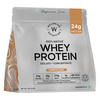
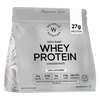
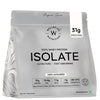






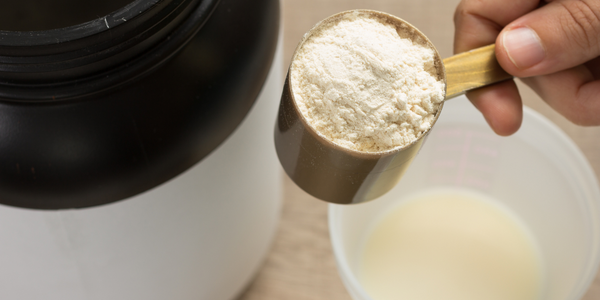

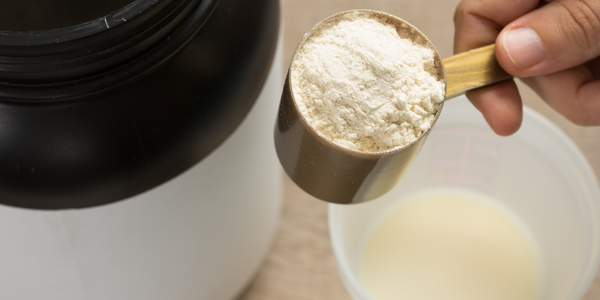
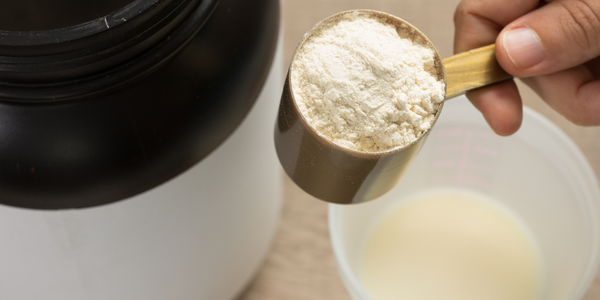










 DOWNLOAD NOW
DOWNLOAD NOW
